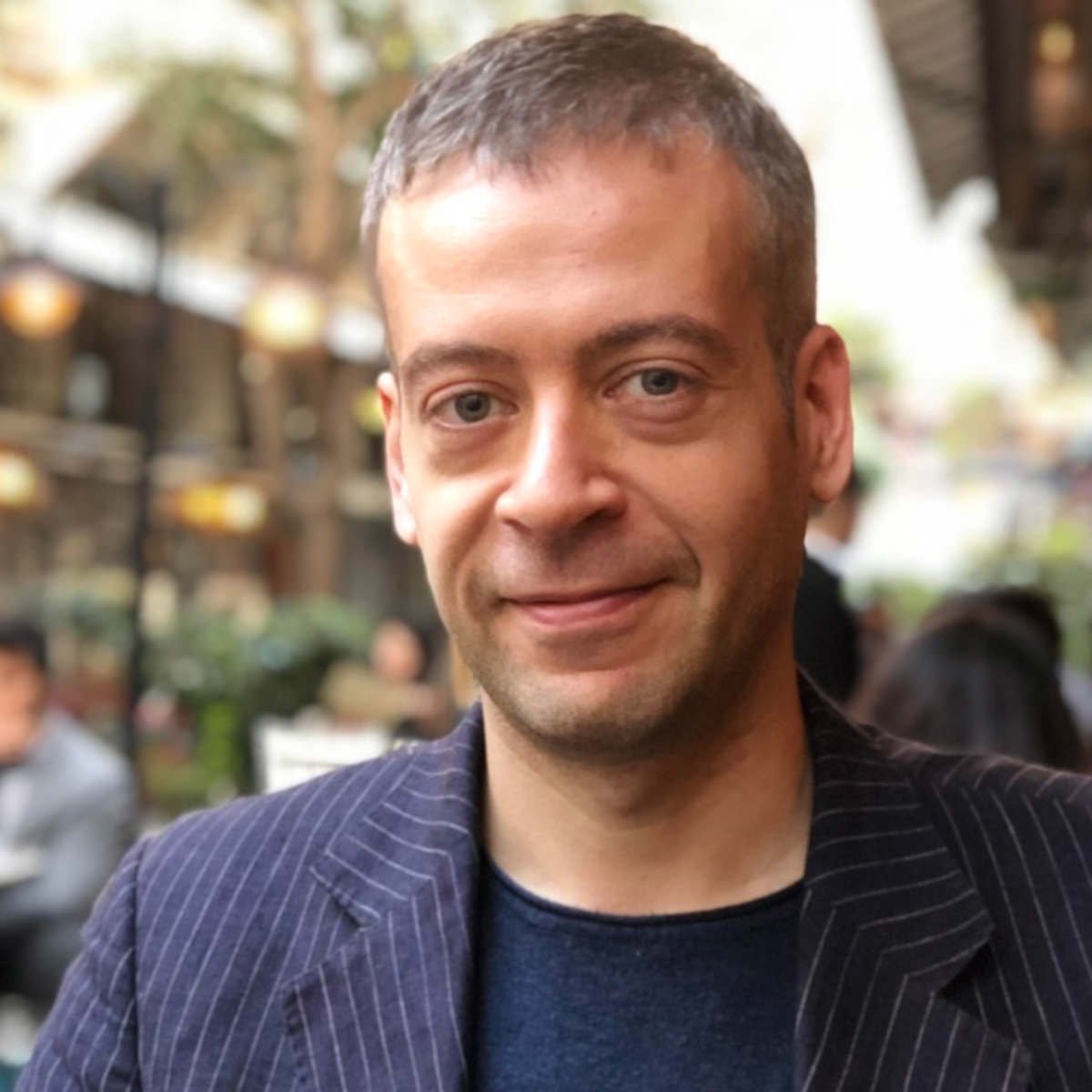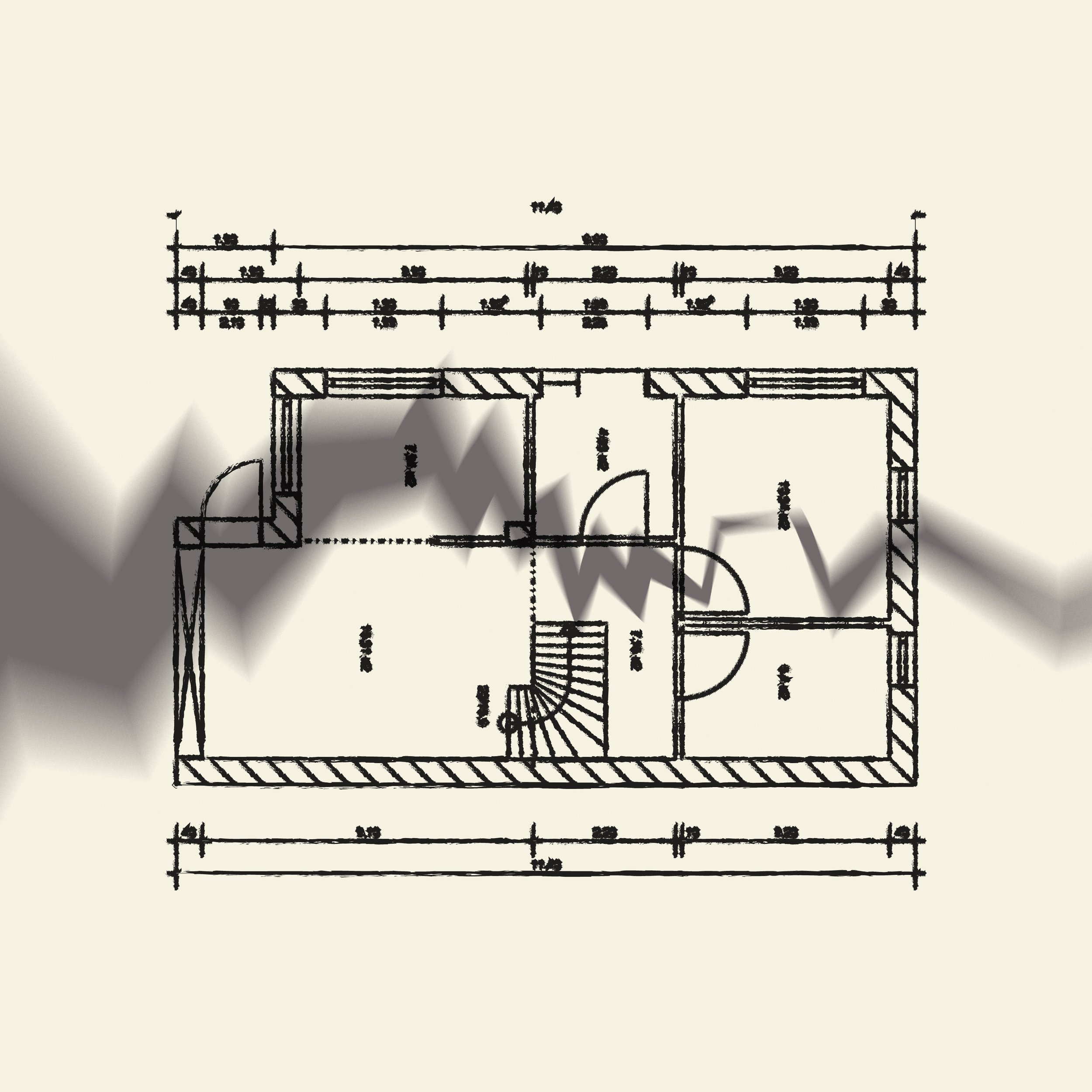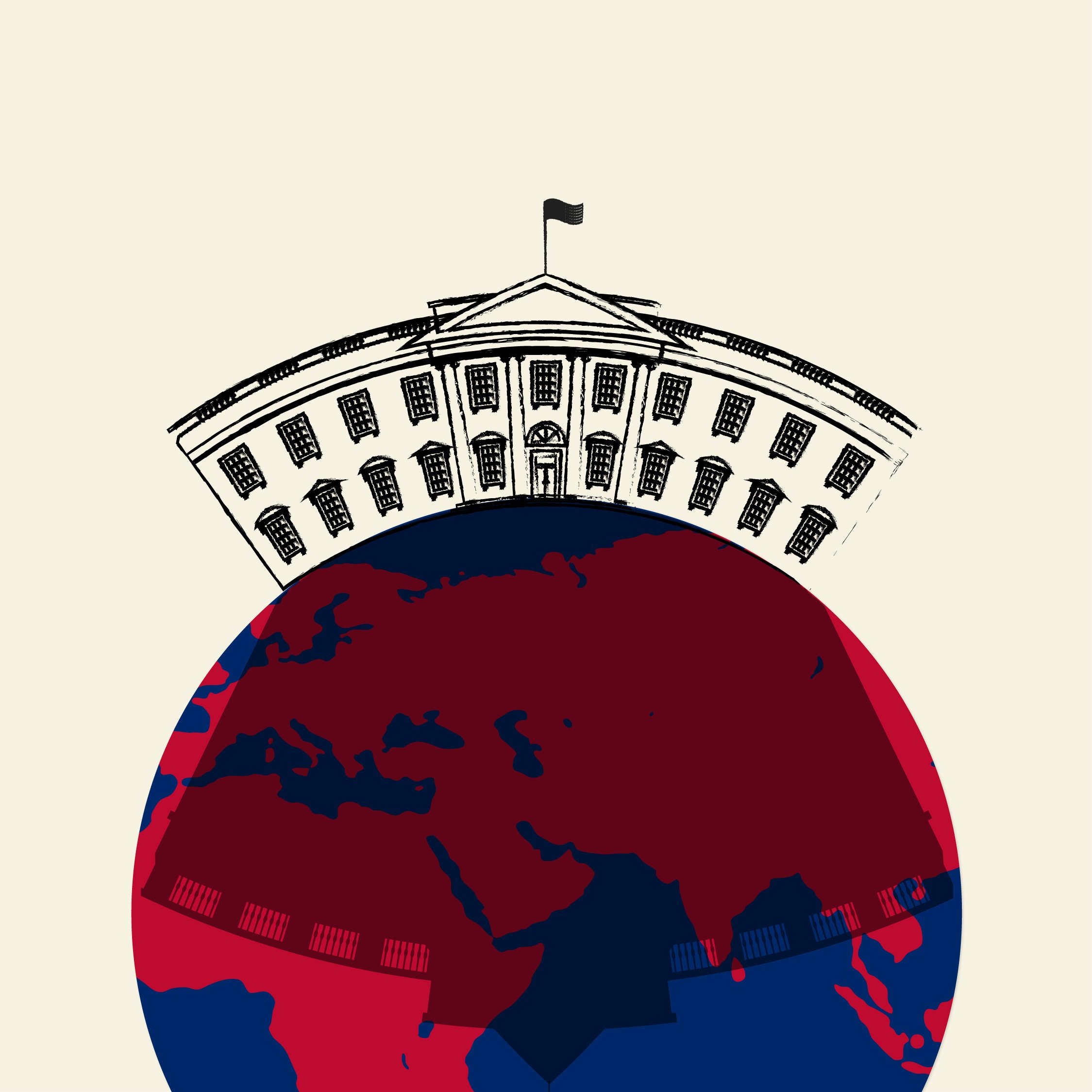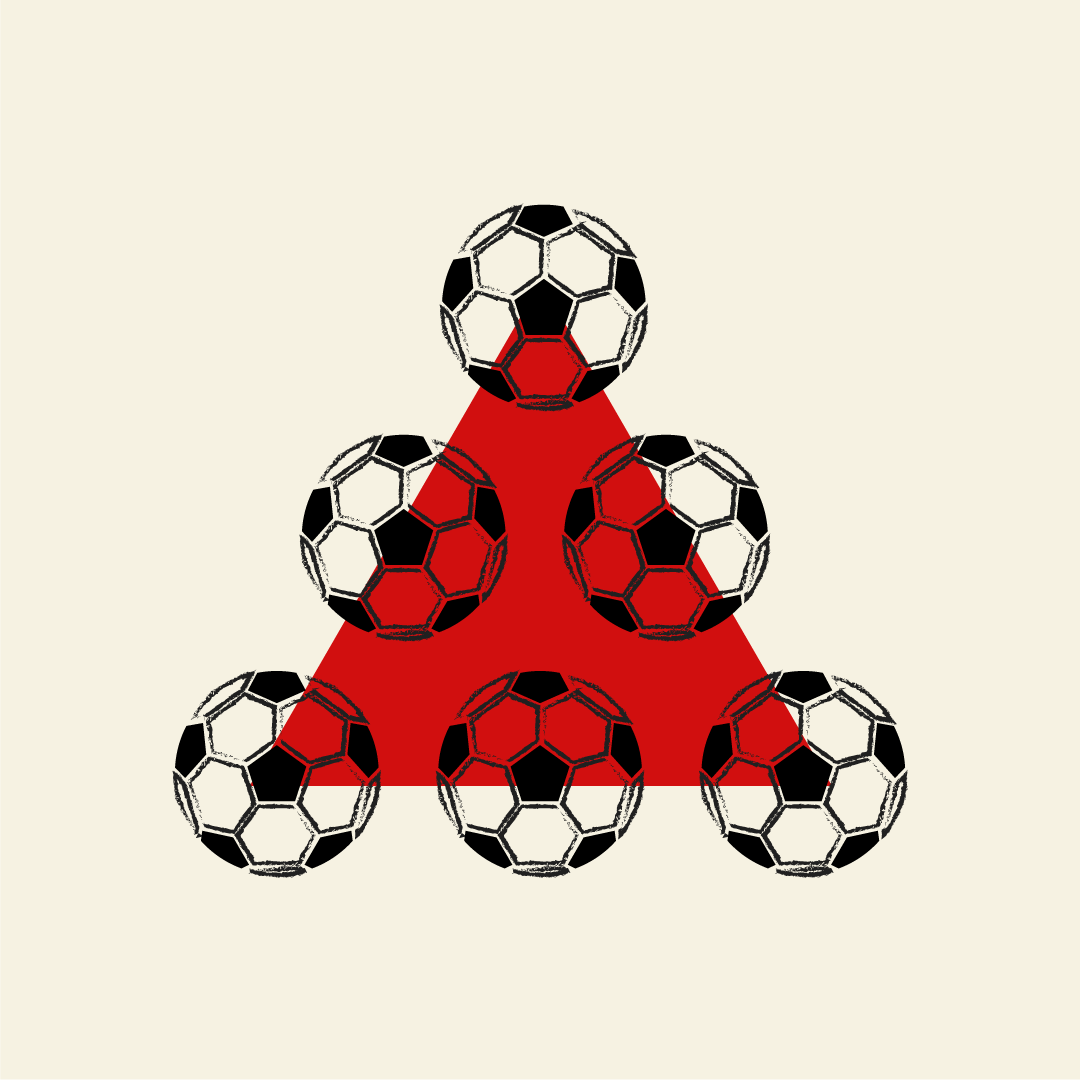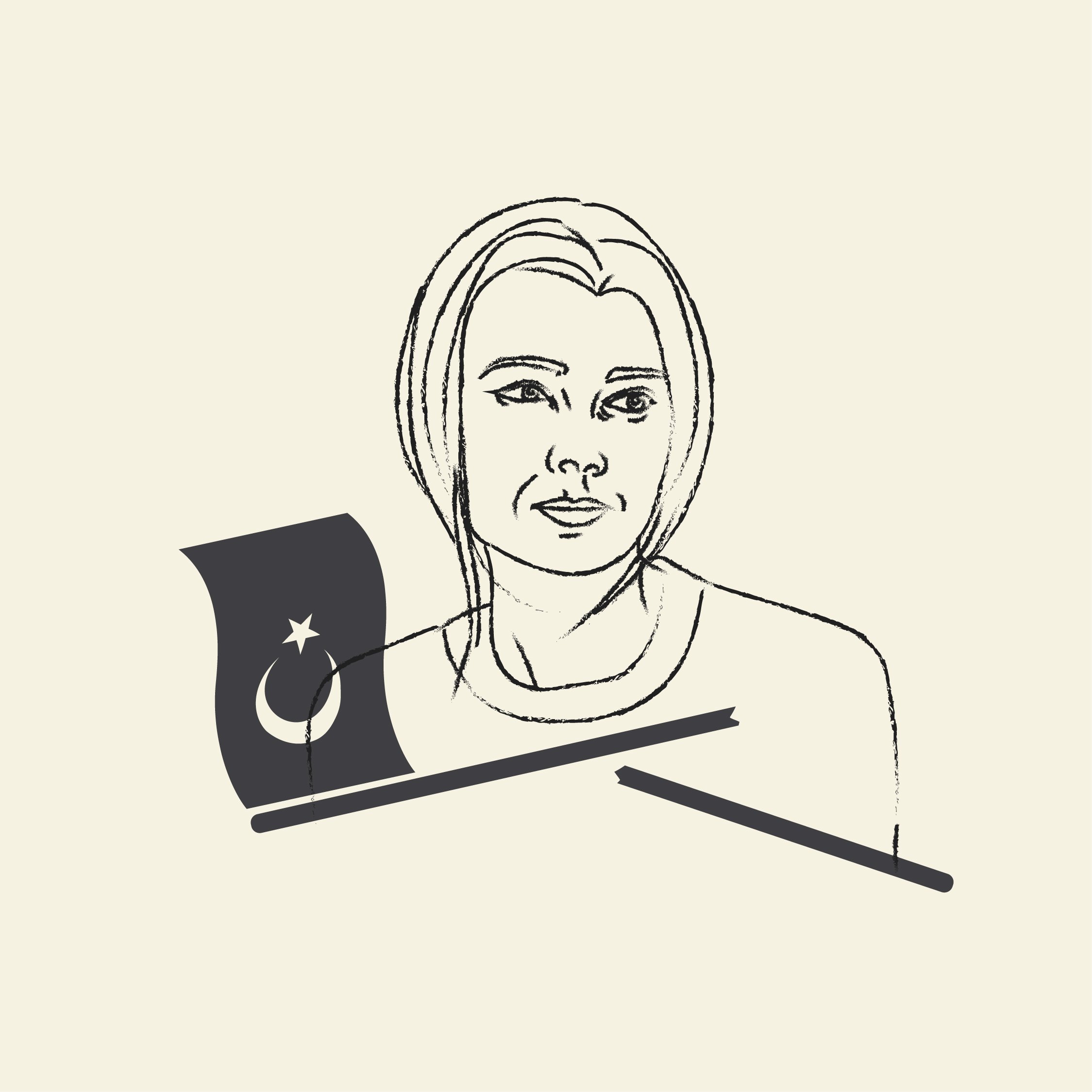How the Earthquake Is Impacting Turkey’s Medical Community and Endangering Democracy
FEBRUARY 16, 2023
The Reporter’s Notebook is our monthly interview series with Dial contributors. To receive these conversations directly in your inbox, sign up for our newsletter.
✺
Kaya Genç is an Istanbul-based reporter and novelist, whose reporting on the erosion of abortion access and reproductive rights in Turkey was published in our first issue, Egg.
THE DIAL: In your article for our first issue, you spoke to several women about how they navigated the formidable obstacles to abortion access in Turkey, which include state-operated tracking technologies, threats of legal action, and social pressure. How did you build trust with your sources? How were you able to secure first-hand accounts of these experiences?
KAYA GENÇ: For the last several years, I have been working for The Lancet journal, which is how I became acquainted with the medical community here. The community has played a big role in Turkish history, particularly Turkish revolutionary history. When you look at the young Turk movement from the early 20th century, the revolutionaries who rebelled against Sultan in the Ottoman times were mostly medical professionals, very well-educated positivists, who had lifelong connections to one another.
I knew that the medical community here would support my efforts to write about reproductive rights because they have many frustrations [with the status quo]. Two years ago, Turkish president Recep Tayyip Erdoğan announced that Turkey was quitting the Istanbul Convention, a human rights treaty against gender-based violence. When I covered the withdrawal for The Lancet, I saw that the feminist networks here were frustrated not to be getting their voice out.
I was really moved that so many women were willing to share their stories with me. They didn’t care if I used their names, they didn't care what I did with the information that they gave me. They just wanted their voices to be heard.
Some of the women were very pious Muslims, and I tried to make it clear that I have nothing against Islam; I come from a Sufi family. In fact, the more I researched the history of reproductive rights in Turkey, the more I learned that Islam is quite liberal when it comes to abortion rights.
THE DIAL: In a Lancet report published last week, you document how Turkish doctors are fighting against government-backed legal challenges to their work and research. Some politicians from the AKP (Erdoğan’s party) have argued that the Medical Association is too ideological and have even threatened to it shut down as some government officials are demanding. How did it come to this?
KG: The doctors I talked to for The Dial were all members of the Turkish Medical Association. Some of the doctors I spoke to for the piece were conservative—they refused to speak because, they told me, they did not want to talk about ideology. They think it’s political. After the article came out, some people said on Twitter, ‘you’re looking at it from your marginal point of view,’ ‘you're radical,’ ‘you have radical views.’
These are, by nature, political problems. Leaving the Istanbul Convention or the assault on LGBTQ rights or the assault on reproductive rights—these are all politically motivated. They have to be fought on political grounds.
This is extremely worrying — this case against the association — and I saw that some doctors who are against medical activism are silently supporting it.
If you want to defend your reproductive rights here, you have to be outspoken. I think there is a kind of fear that, as I write in the piece, even the opposition parties don’t want to articulate this too much because they think they'll be seen as baby killers.
There was supposed to be another court case on February 8, two days after the earthquake in Kahramanmaraş. The government wants to strip the members of the committee from their jobs, from their roles, and appoint people instead of them. During the hearing, the medics informed the judge they wouldn’t be able to attend, because of the health and rescue operation in the quake-hit cities. The case had been postponed to February 28.
THE DIAL: Do you think that press freedom, and freedom for medical professionals, will change if Erdoğan loses the upcoming election and opposition politician and Istanbul mayor Ekrem İmamoğlu, who’s projected to be a top contender, wins the presidency?
KG: One of the election pledges of the CHP, the main opposition party, is to re-install the scholars who lost their jobs after signing a peace petition five years ago. They have also promised to release all jailed journalists.
But when it comes to issues like national security, and the war in Syria, the opposition also is very touchy about these subjects. I’m not certain that they’ll be supporting journalistic freedoms because there’s a kind of coalition of national interests; national security has trumped freedoms in this country for the past century, and there is constant fear of “breaking the unity of the state and the people,” as the Turkish constitution puts it.
I think many in Turkey still have a widespread belief that the national interest is the most important thing and individual liberties come second. Opposition politicians say we have to protect freedom. But for example, they say nothing about LGBTQ rights, and they say nothing about reproductive rights.
The opposition’s message is: “We are the new mainstream. We don’t like this government because it’s so extreme, so we represent the mainstream and we will transform the mainstream. We’ll be the new government, we’ll be setting the new values.”
But I’m not sure if there will be space for everyone in this new mainstream as well. We’ll see.
THE DIAL: How has the Turkish medical community reacted to the earthquake? Has the national response to this catastrophe altered your view on the coming election?
KG: Ninety doctors have died as of this morning (February 15). Many have been traumatized and have sent their children out of the cities hit by the earthquakes, and are sleeping in clinics, afraid to return home. The government has kept them out of the decision-making process. The medics I spoke to complained of the disorganization in the immediate aftermath of the earthquakes.
This catastrophe will alter Turkish politics and bring its fault lines to the fore. The elections may be postponed. Turkey’s future has rarely appeared this precarious.
✺ Interview conducted by The Dial in conjunction with “Issue 1: Egg”
KAYA GENÇ, a European Press Prize finalist, is a novelist, art critic, and historian living in Istanbul. He is the author of four books: Under the Shadow: Rage and Revolution in Modern Turkey (I.B. Tauris, 2016), An Istanbul Anthology (American University in Cairo Press, 2015), Macera (YKY, 2008), and The Lion and the Nightingale: A Journey Through Modern Turkey (I.B. Tauris, 2019), which explores the Turkish government’s assault on the country’s artistic communities.
BRYAN HERNANDEX BENITEZ is a senior at the University of California, Berkeley studying English and City & Regional Planning. He has been a deputy editor for The Daily Californian and an assistant editor for Berkeley Fiction Review.

